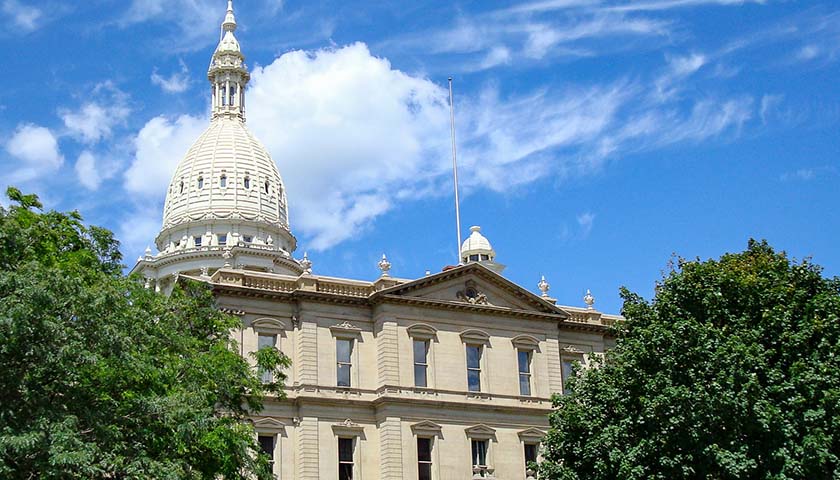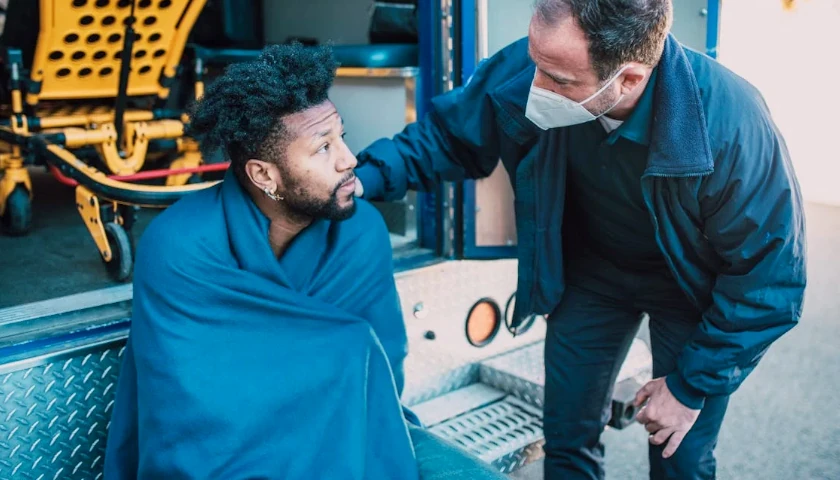by Scott McClallen
In a marathon overnight session this week, the Michigan House voted 100-2 on a bill aiming to ban the Independent Citizen’s Redistricting Committee (MICRC) from meeting in a closed session for any purpose.
On Dec. 2, the Senate unanimously approved Senate Bill 728. The bill moves to Gov. Gretchen Whitmer’s desk, whose office hasn’t responded to a request for comment about the legislation.
The vote preceded Wednesday oral arguments in the Michigan Supreme court after news groups sued the MICRC, alleging it violated the Constitution when it entered a closed-door meeting on Oct. 27 to discuss legal memos.
More than a month later, Michiganders still don’t have answers from a commission that touts transparency and the Constitution mandates “shall conduct all of its business at open meetings.”
The lawsuit follows a 7-5 vote by the MICRC to continue hiding memos from the public. Committee attorneys said if the MICRC waives attorney-client privilege, they might not be able to reinstate it, which could complicate future litigation.
MICRC spokesman Edward Woods III declined to comment on the vote.
In 2018, Michigan voters were fed up with in-power politicians drawing their own districts to pick voters instead of vice versa in a process commonly viewed as shrouded in secrecy to protect incumbents. As a result, 61% of voters in the state approved a ballot proposal that established an independent citizen’s redistricting committee to champion transparency. Despite taking public comment in more than 100 meetings, this group is also hiding documents and meeting behind closed doors. Maps redrawn by the committee will establish voting districts for the next 10 years.
Nancy Wang, executive director of the group Voters Not Politicians that pushed the 2018 ballot amendment, called for the MICRC to release the documents.
“Voters established the Commission to bring redistricting out into the open,” Wang said in a statement. “Anything that informs the Commission’s mapping decisions should be made public.”
Sen. Ed McBroom, R-Vulcan, said the MICRC was taking “enormous liberties” with the Constitution when it met in closed session.
“The Constitution doesn’t say they operate under the Open Meetings Act,” McBroom said in a phone interview. “It says they shall have open meetings. So I’m just striving to make it abundantly clear that the Open Meetings Act is not their source of authority for having these closed sessions or from withholding documents from people.”
– – –
Scott McClallen is a staff writer covering Michigan and Minnesota for The Center Square. A graduate of Hillsdale College, his work has appeared on Forbes.com and FEE.org. Previously, he worked as a financial analyst at Pepsi.
Photo “Michigan State Capitol” by Christine CC BY 2.0.





